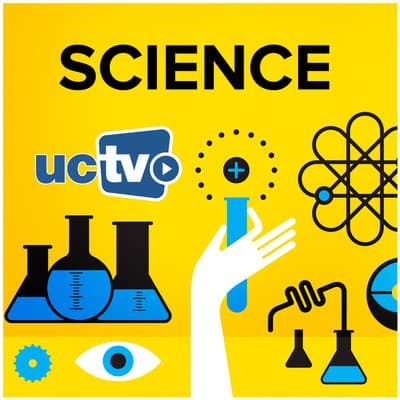Science
Humans are unusual in that we depend on shared foods, especially among families and friends and between potential mates. Food sharing occurs between healthy individuals and those that are infirm or elderly. We also differ from other great apes in our early ages at weaning, late ages at maturity, short birth intervals and survivorship decades past menopause. The emergence of these patterns was crucial to early human development. In light of observations among modern East African hunter-gatherers, University of Utah professor James O’Connell evaluates two alternatives. He discusses one hypothesis that focuses on males acquiring big game meat and marrow to provide for mates and offspring. The other hypothesis surrounds how certain kinds of savanna plant food set up the forager interdependence which propelled all aspects of life history change. Series: "CARTA - Center for Academic Research and Training in Anthropogeny" [Humanities] [Science] [Agriculture] [Show ID: 37384]

